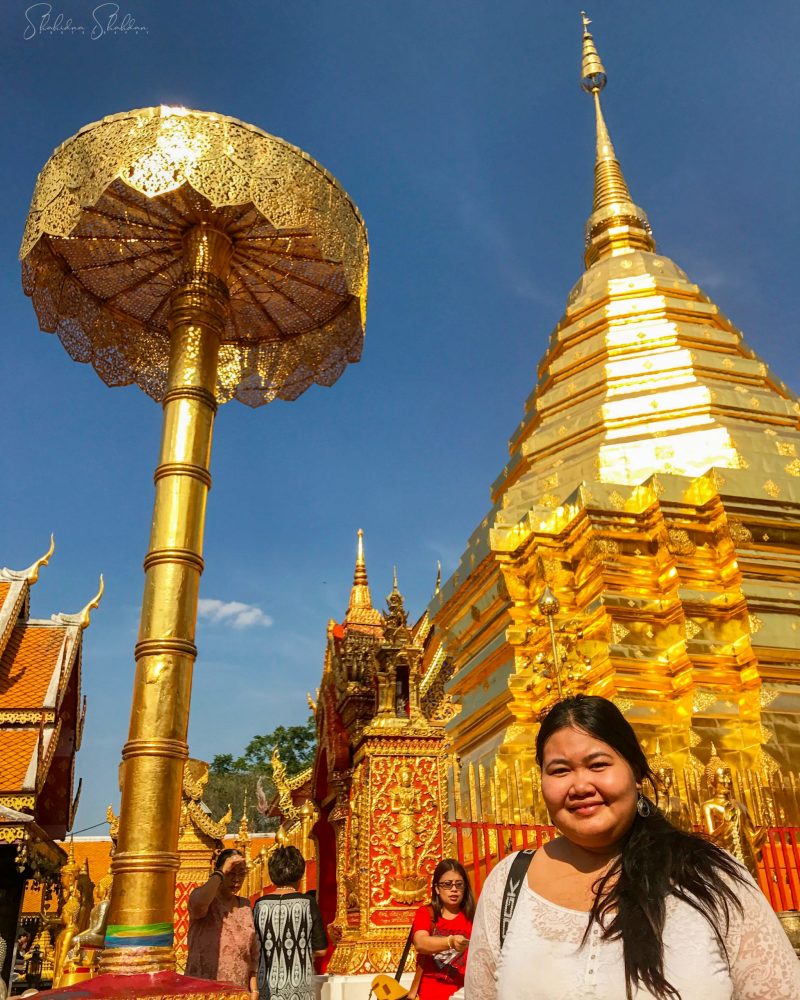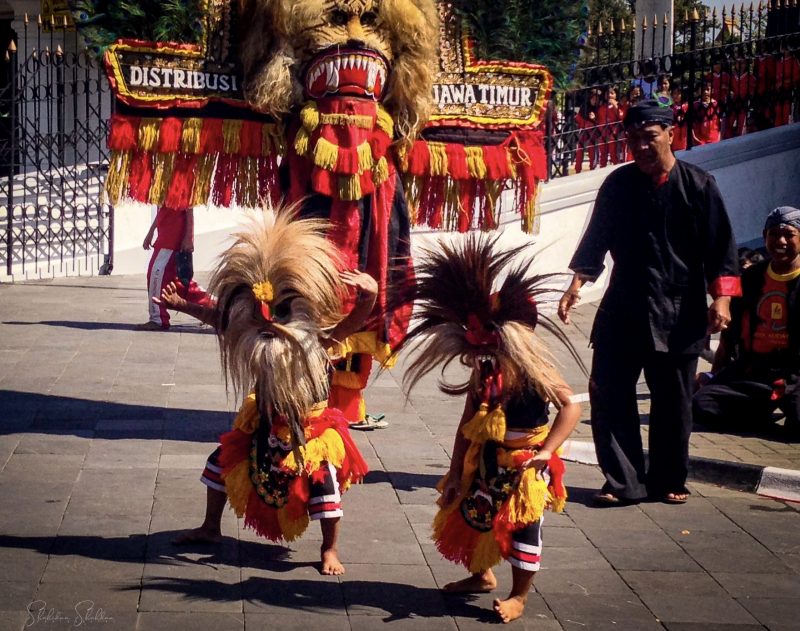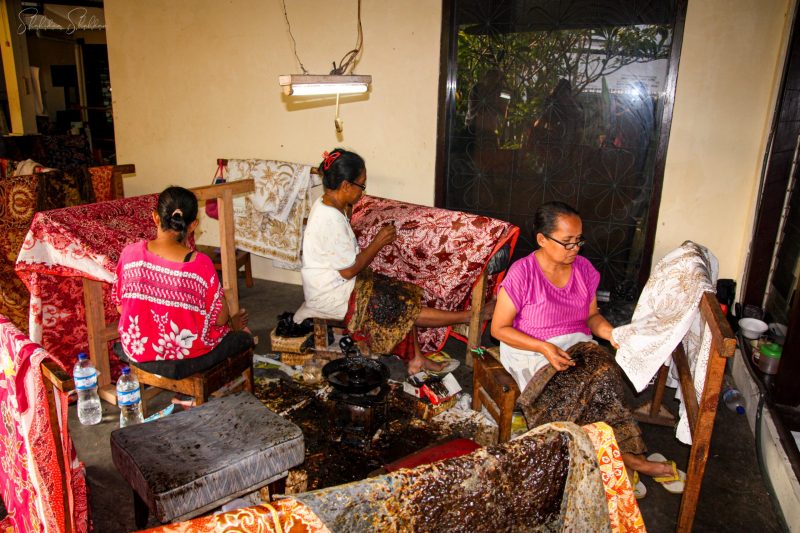You have moved to a new country, unpacked your boxes, decorated your new home, and then, when everything is set up for your new life, you decide it is time to explore and make friends.
The question is, will you be able to adapt to the culture of the people in the country you are in?
Life as an expat may seem like a bed of roses to outsiders. It is common to hear comments like, “you’re so lucky! You get to stay in different countries. You get to travel all the time. You have such a cool job. You have friends from many countries.” Many seem to think that the life of an expat is just filled with fun and adventures. Yet, aside from the excitement of staying in new countries, the ability to adapt to new cultures is crucial. Otherwise, being an expat is a tough and lonely experience. Over the years, I have seen many fellow expats leave their jobs because of culture shock.
According to the Cambridge dictionary, culture is the way of life, especially the general customs and beliefs, of a particular group of people at a particular time. Some expats prefer to keep to their expat groups but that would negate the purpose of staying in a foreign country, in my opinion.
For nearly a decade, I was an expat in Thailand and Indonesia and, despite being Asian, I still found it hard to fully adapt to the culture of these two countries I call home. I can speak both Thai and Bahasa Indonesia reasonably well and, though speaking the language helped to bridge the culture gap, it was still not enough for me to merge seamlessly into the cultures of either country. Many times, you will find me and my fellow expats having whispered conversations due to confusion and frustration about the local culture. Sometimes, we are lucky to have local friends who patiently explain the culture to us, but mainly, we are left baffled.
It is undeniably hard to understand the culture of a country. Sometimes, the way things are done and daily practices leave us frustrated; it is very different from our own cultures. As expats, what we can do is take a deep breath and recite to ourselves that this is their way of doing things, instead of reacting negatively towards the culture. If you are in a position to change things, for example in your own company, by all means, but if you expect to change the culture of the people in the country as a whole, it will be impossible. It is the culture of the country you are in and you have to respect that. Otherwise, leaving would be a better choice than being frustrated on a daily basis.
 My advice is to embrace the culture of the country you are in. Appreciate their unique way of doing things, respect their beliefs and, most importantly, be aware that as expats, we are guests of the country. We are here to work and it would be a beautiful and wholesome experience to embrace the country’s culture; this will create a sense of home and belonging to the country and its people.
My advice is to embrace the culture of the country you are in. Appreciate their unique way of doing things, respect their beliefs and, most importantly, be aware that as expats, we are guests of the country. We are here to work and it would be a beautiful and wholesome experience to embrace the country’s culture; this will create a sense of home and belonging to the country and its people.
For myself, I have tremendously enjoyed living in cultures that are different from my own. In Indonesia, the culture of wearing batik to formal occasions is something I embrace and love. I attended a batik-making workshop in Yogyakarta to learn more about the practice and culture of batik-making. I also visited the Ullen Sentalu Museum to learn more about Indonesian history and culture. In Thailand, having a huge barbecue hot pot is a common practice to celebrate happy occasions and I have eaten uncountable great dinners with my Thai friends and their families. I also learned Muay Thai, the ancient martial art of Thailand, because it is deeply imbued in Thai culture.
The irony of it is, when you return to your home country, you may find some aspects of your own culture hard to comprehend and you may start to miss the cultures of the different countries you have stayed in. You may find it hard to fully assimilate back with your own home culture because, as if by magic, the experience of living in other cultures has shaped you into a new unique identity.




